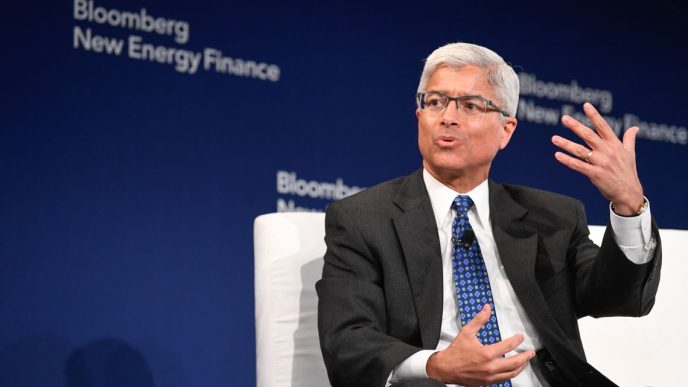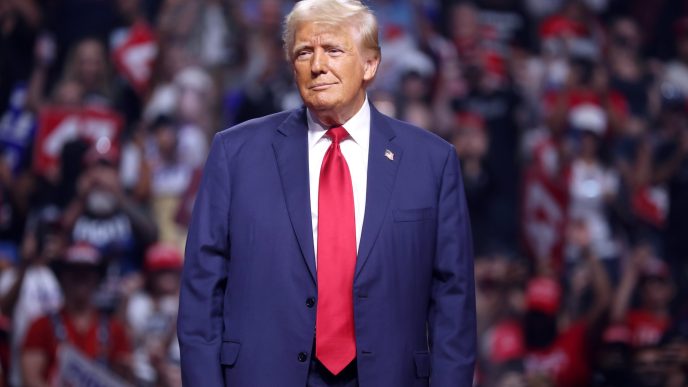President-elect Donald Trump’s administration is reportedly planning to eliminate the federal tax credit for electric vehicles (EVs), a policy offering consumers up to $7,500 in savings per EV purchase.
The move, part of the administration’s broader tax reform agenda, reflects its aim to reduce federal incentives for electric mobility, according to sources familiar with the discussions.
U.S. Energy Secretary Jennifer Granholm, speaking at the COP29 climate conference in Baku, warned that such a decision could harm the country’s ability to compete globally in the EV sector. “It would be so counterproductive,” Granholm stated. “You eliminate these credits, and what do you do? You end up ceding the territory to other countries, particularly China.” Her comments highlight the strategic importance of government support in fostering a robust domestic EV market.
The federal tax credit has been a critical tool for lowering EV costs and encouraging adoption in the United States. If eliminated, experts caution it could slow progress in transitioning to cleaner transportation and hinder efforts to compete with nations like China, which has aggressively invested in its EV industry.
The potential policy shift underscores a broader debate about the role of government in shaping the future of green technology in the U.S.
Source: Reuters











